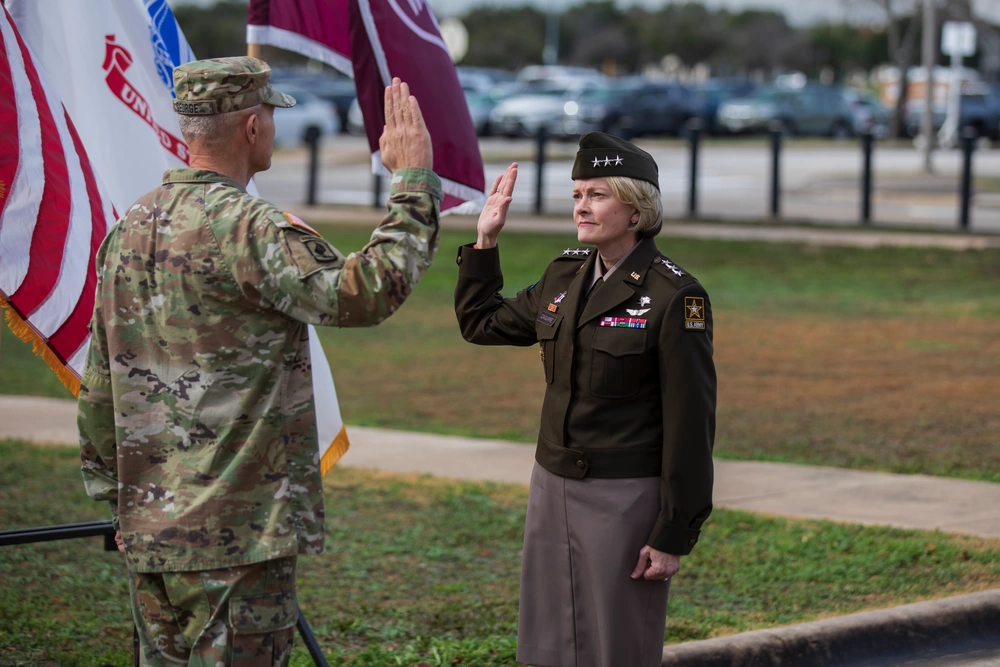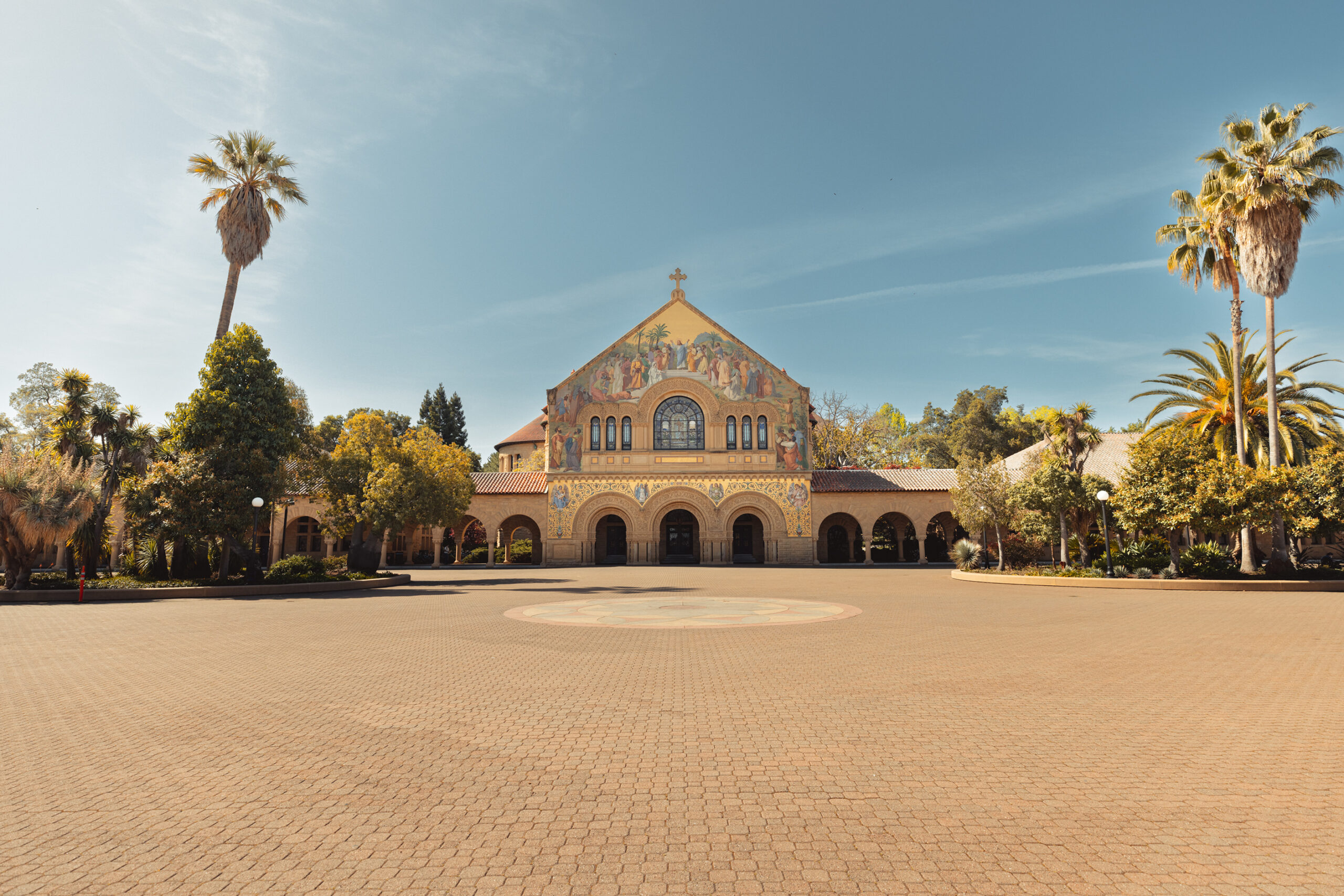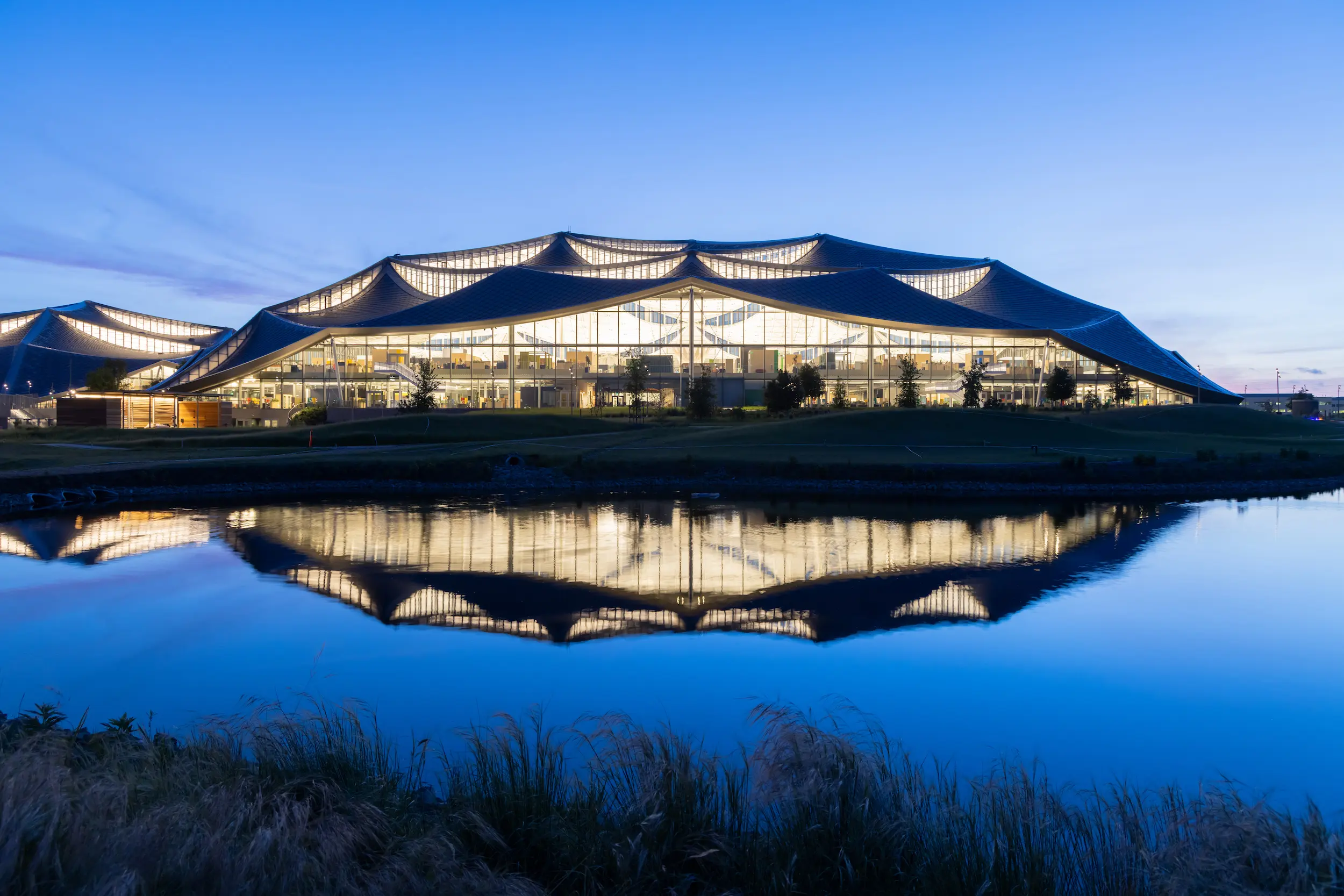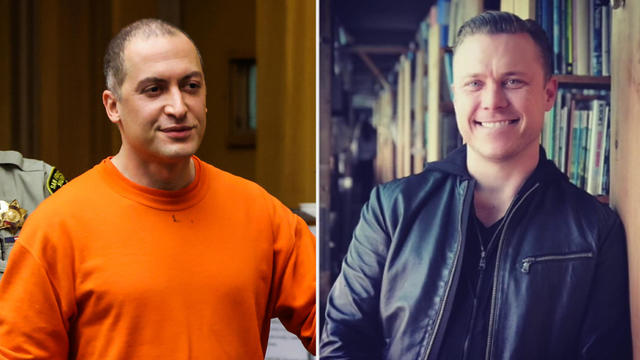
Unprecedented Bidding War Erupts Over Anysphere, Creator of Popular AI Coding Assistant Cursor
Technology News
Zaker Adham
09 November 2024
16 August 2024
|
Zaker Adham
Summary
Summary
During a significant visit to Silicon Valley, Lt. Gen. Mary K. Izaguirre, the U.S. Army Surgeon General, engaged with thought leaders at Stanford University and Google to explore potential partnerships that could enhance military healthcare and readiness. The visit, which included a stop at the 63rd Readiness Division in Mountain View, underscored the Army’s commitment to integrating advanced technologies and strengthening ties with the civilian sector.

The day commenced with a visit to the 63rd Readiness Division, a key component of the U.S. Army Reserve that provides essential support to Reserve units across several western states, including California, Nevada, and Texas. Here, Izaguirre met with Civilian Aides to the Secretary of the Army (CASAs) and Army Reserve Ambassadors (ARAs), who shared insights on bridging the gap between the Army and civilian communities. These discussions highlighted the importance of community engagement in maintaining a well-prepared and mission-ready force.
Mark Benton, a CASA, emphasized initiatives to broaden opportunities for community partnerships, particularly through programs like the Health Professional Scholarship Program (HPSP), which offers scholarships to medical students in exchange for Army service.
Later, at Stanford University, Izaguirre was briefed on cutting-edge advancements in artificial intelligence (AI) that could transform emergency medicine. Dr. Maya Yiadom, an associate professor in Stanford’s Department of Emergency Medicine, showcased AI tools designed to enhance heart attack screenings, demonstrating their potential to assist military doctors in critical situations. Stanford’s efforts to integrate AI into healthcare aim to improve diagnostic accuracy and patient outcomes, which could be crucial for military medical operations.

The visit continued at Google’s headquarters, where discussions centered on how the company’s AI, machine learning, and cloud computing capabilities could support the Army’s healthcare initiatives. Google representatives also introduced translation technology that could play a vital role in multilingual military operations.
"Transformation and innovation are key priorities for Army Medicine," Izaguirre noted, discussing plans to collaborate with Alex Miller, the Army’s Chief Technology Officer, to identify areas where Google’s technology could be integrated into military operations.
At the 63rd Readiness Division, the focus remained on bridging military and civilian sectors, with Benton praising the recent pinning ceremonies for HPSP graduates at the University of California, San Francisco, which highlighted the benefits of Army service to the local community.
Izaguirre also acknowledged Google’s participation in the SkillBridge program, which aids soldiers in transitioning to civilian careers through internships and training. She expressed gratitude for Google’s support in helping veterans navigate the challenging shift from military to civilian life.

The visit concluded with a proposal to make Google an official Army PaYS (Partnership for Youth Success) partner, a program that offers soldiers guaranteed job interviews and career opportunities with partner companies after their service. This partnership is expected to play a crucial role in helping soldiers transition into meaningful civilian careers while reinforcing the Army’s connection with leading tech companies.
Reflecting on the visit, Benton remarked, “We’ve successfully brought America’s Army closer to the American people,” emphasizing the importance of building strong relationships between the military and the tech sector.
As the Army continues to face new challenges, the partnerships forged during Izaguirre’s Silicon Valley visit are expected to be instrumental in shaping the future of military healthcare and readiness. Collaborations with academic and technological leaders will equip soldiers with the best tools and support for the challenges ahead.

Technology News
Zaker Adham
09 November 2024

Technology News
Zaker Adham
09 November 2024

Technology News
Zaker Adham
09 November 2024

Technology News
Zaker Adham
07 November 2024